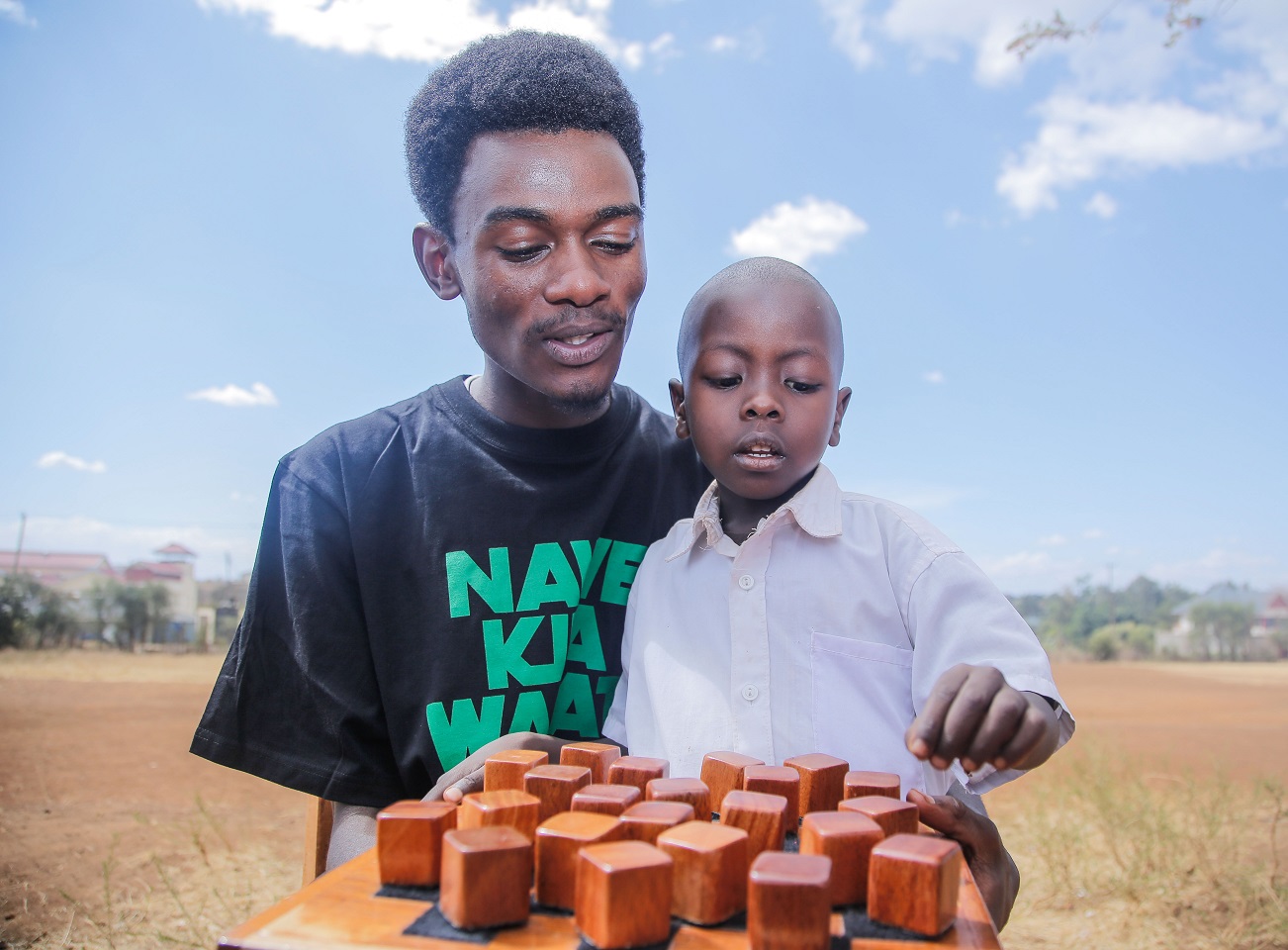
When it comes to parenting, no one really has the answers. My mum always used to say that she thought she’d have everything figured out with our first born, but we all came with different manuals. This cuts across the board but it becomes even harder when a child is considered different and is treated differently because of a disability. One of these is autism.
Autism in Kenya is not loudly talked about. It’s one of those topics discussed behind closed doors and hushed tones, even going to the extent of hiding autistic children because they are considered a bad omen to the community. As much as these reactions may be largely because of the culture they’ve been brought up in, knowledge about how to take care and bring up autistic children or children with different needs is crucial in ensuring they live happy normal lives.
One institution that is putting all its resources in doing this is St Georges Public Primary school in Ruiru that is specially set out for kids with special need that is autism and hearing impairment.

What Autism Is
Autism Spectrum disorder, also known as autism, is a neuro-developmental disorder first apparent in infancy or early childhood. It mostly shows through impaired development in social interaction, impaired ability to communicate, and a restricted repertoire of interests and activities. In autism, the brain is unable to process sensory information normally.
As a result, these children are unable to respond adequately to stimulation and initiate social behavior towards family, friends, and peers. There is no effective medication or cure for autism but occupational therapy helps improve the quality of life.
The role of therapy is to help the children to be able to regulate the information received and their behavior thereafter through use of various activities, which is what St Georges does. The kids require a full time caregiver for simple tasks like helping them go to the washroom, speech and occupational therapist as well as a community around them that won’t ostracize them.
 Challenges affecting the kids and their parents
Challenges affecting the kids and their parents
Stigma:
The society we live in is very insensitive. Most parents of children with autism are normally stigmatized and sometimes blamed for their child’s condition and behavior. Most parents highlight non-acceptance of the child with autism by peers, family members, relatives, and the wider community. Lack of acceptance was expressed in the form of social exclusion of the child.
Lack of adequate health services:
The uncertainty of the autism condition and lack of adequate information from the medical personnel in hospitals increases chances of parents engaging in searches for any available treatment of autism. Some parents of children with autism, regardless of religious beliefs, had visited a traditional healer.The time lapse between noting a problem and obtaining a diagnosis and treatment was a source of frustration for parents.
Parents report barriers to early identification occur at the individual- (e.g., lack of knowledge about autism and available resources, denial or normalizing child’s behaviour, stigma associated with disability), provider- (e.g., misdiagnosis, discrimination, language barriers), and system-level (e.g., long wait lists to see specialist for diagnosis as well as treatment, problems navigating system and locating resources exacerbated by language barriers, problems with insurance coverage and costs.
We Really Aren’t That Different
Seeing the joy on the kids faces when Safaricom Foundation visited them as part of the Ndoto Zetu campaign, showed us that we really aren’t that different from those beautiful souls. As much as some of their needs may be a bit different from ours, we need to purposely educate ourselves on autism awareness and even how we can chip in to help in their therapy.
For now, there are very few private settings and even fewer public institutions like St George’s that offer effective and individualized interventions for individuals with autism. There are also a handful of autism units in other government schools, however the government is still yetyet step in by providing resources and sufficient training for these units and the teachers running them.















